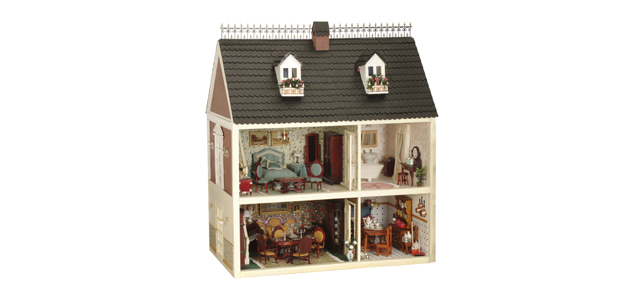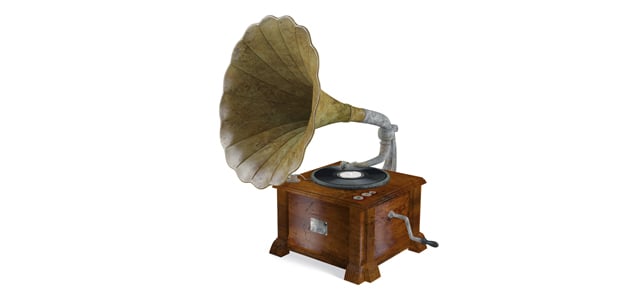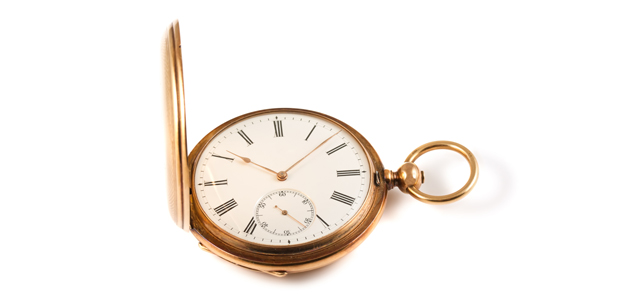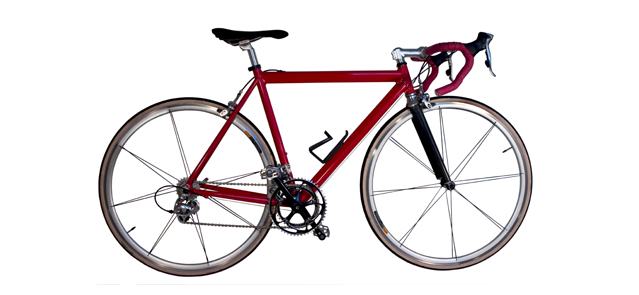The ultimate guide to choosing the right contents insurance
November 25, 2015
Contents insurance is something many people see as a tick-box exercise. But there are lots of things you need to consider if you want to make sure your cover is right for you and your home. From inner limits to valuations, we’ll take you through everything you need to know in this ultimate guide, with tips and examples from the experts.

When it comes to choosing the right contents insurance policy, it’s important to spend a little time researching what the various policies offer – as well as the companies providing them – to make sure you get the right cover for your individual needs.
Comparing policies by their price can give a misleading and one-dimensional view, as they can vary greatly in terms of what they cover and how much they will pay out in the event of a claim – as well as how easy it is to make a claim, should the worst happen.
A policy’s small print may also contain hidden charges, which might mean you have to pay a fee if you wish to change the address on your policy if you move, or want to add another person to your policy if you move in with someone.
What do you want from your policy?
Thinking first about what you want from your insurance cover will make your research on which policy to buy much easier. Useful questions to ask include:
- how much are my possessions worth?
- are there any particular items that I’m most worried about covering?
- are there any particular risks that worry me?
As well as making the whole process easier, it should also ensure you don’t buy cover that you don’t need. There is no point, for example, in having garden-shed cover if you live in a flat in the middle of a city, or cover for your personal possessions when travelling abroad if you never go on holiday overseas.
Tip: Value your possessions (accurately)
The first thing an insurer will want to know from you is how much cover you want to buy. Taking the time to properly calculate the value of your possessions might sound a chore, but the result could surprise you. In practice, working out the exact total value of all your possessions is pretty difficult. For complete peace of mind, some insurers offer “all-inclusive” and “unlimited cover” policies with protection of up to £500,000, which sounds high, but once you go through how much it would cost to replace all your possessions you might find that their value in fact exceeds the limit offered in the policy. Some insurers, ourselves included, cover high-value items of jewellery, watches, works of art, collections and cover for bikes kept at home. It’s worth looking into this when arranging your next policy.
Example: what’s in your wardrobe?
Most of us don’t realise how much our belongings are worth. For example, a single wardrobe containing a few decent suits and work shirts, a couple of dresses, shoes and handbags could easily be worth several thousand pounds.
Expert View: check a policy’s inner limits
“Insurance policies contain different individual limits for particular belongings. Some will pay out no more than £5,000 on a single item of jewellery, for example, which is something to be aware of if you own an expensive designer watch or a family heirloom.
“Some insurers also set compensation limits on certain types of claim. So, for instance, they might pay a maximum of a couple of thousand pounds on thefts from a garden shed, even if the overall value of the items stolen is much higher – not good if that’s where you keep your expensive carbon-fibre bike.
“Some policies also impose blanket exclusions, preventing you from claiming if part of your garden fence has been blown over in a storm, or if your pet dog has chewed up your sofa.”
Philip Walsh, Underwriter, Hiscox Insurance
Tip: The value of your goods can go up, as well as down
Although we think that the cost of replacing most of our belongings comes down over time – such as TVs, other electronics or furniture – it isn’t always the case. The cost of collectable designer watches has jumped in recent years, while the value of precious metals is volatile, so a chunky gold necklace or bracelet bought years ago could today be very expensive to replace. Any new purchases you make will of course also add to the total value of your possessions and should therefore be added to your policy.
Getting an independent valuation
Your insurer might ask you to have high-value items independently valued. Although that might seem to some to be both a hassle and a waste of money, it could speed up the process in the event you need to make a claim. It will be much easier for you to simply scan and email a jeweller’s valuation of your engagement ring if it is stolen than try to remember when asked by a claims handler how many emeralds it contained, their cut and the exact style of setting in which the diamond was placed. Some insurers do not ask you to list items below the value of £15,000, which would of course save you time and hassle in this area.
Tip: Don’t leave yourself short
Be careful about under-insuring your belongings. Some people choose a lower limit on their contents policy than they actually need – either because they want to save a little money on their insurance premium, they didn’t take the time to work out the true value of their possessions, or because they think “it will never happen to me”. But it could prove costly.
You might find you are left heavily out of pocket if the worst really does happen. You might also find your insurer reduces the value of any claim you make if you have chosen a lower limit than you actually need – even if the value of the claim is far below your coverage limit.
Example: “applying average”
A couple may buy jewellery cover of £10,000 within their contents insurance policy, even though the true value of the items they own is nearer £15,000. One of them may have a designer watch worth £5,000 stolen, but when they make a claim on their policy their insurer realises that their jewellery is in fact worth 50% more than had been stated. The insurer is then fully entitled to reduce the value of the watch claim by 50% on the grounds that it has taken 50% less premium than it needed to adequately cover the couple’s risks. Hiscox research shows that 60% of our customers are underinsured by an average of 40%.
What’s your attitude to excess?
When picking your contents insurance policy, it’s worth deciding how much risk you are prepared to take when choosing your ‘excess’ – the amount you would pay towards the value of any claim you make. It’s a good idea to set an upper limit that you can reasonably afford in any loss, say £500, above which you would want your insurer to pay. The excess you choose will affect how much premium you will pay: a higher excess will mean you pay a lower premium, as your insurer will expect to pay fewer claims from you.
How easy is it to make a claim?
An important aspect of a policy that won’t be apparent from a quick cost comparison is the insurer’s attitude to (and reputation for) paying claims. Consider whether you want to go with an insurer that has a good reputation for dealing with claims, as it could save you a lot of time and stress if you ever need to make a claim. Consumer-ratings firms, such as Fairer Finance or Which, rank insurers according to their customer-satisfaction scores, and are a good source of unbiased opinion, while industry awards can also give you a sense of which firms are respected by their peers for their claims-paying attitude and customer service.
Example:
Some insurers will do more than simply write a cheque for your stolen belongings. They will use their networks of suppliers and contacts to help you find an exact replacement for a rare item that has been lost, or find an expert to properly restore damage to an aged piece of furniture that is particularly close to your heart.
Tip: Look out for hidden charges
Many companies will charge you up to £25 a time to make changes, even if all you are doing is adding new items to your policy to ensure you’re properly covered.
Expert view: home security
“Now, burglars can make off in just a matter of minutes with a holdall containing small but high-value belongings totalling thousands of pounds: smartphones, tablets, laptops, expensive watches and items of jewellery. Also, an increasing trend is for car-key burglaries. Within seconds, you have lost one item – but one worth perhaps £40,000. So, it is worthwhile spending time (and some money) on your home security.
“Burglar alarms are good, but can be tricky to install, especially if you live in a flat. So, the quality of the locks on your doors and windows is always important. Some insurers will require you to have locks conforming to a particular standard – for example, a five-lever mortice deadlock on your doors. If you don’t then you are likely to pay a higher premium, as an insurer will view your home as being a higher risk than others.
“No one would want to go through the trauma of being burgled. Although an insurer will do its best to make sure you’re not left out of pocket, it can’t always help take away that feeling of your property being violated. So you’d be well advised to take every precaution that you can afford to protect your home.”
Philip Walsh, Underwriter, Hiscox Insurance
Accidental damage and loss
At Hiscox a large proportion of the claims we pay are for accidental damage and loss. If this is something you need, make sure it’s covered in your policy wording with your chosen insurer.
Expert view: Don’t forget about no-claims
Make sure you choose an insurer that rewards you for not claiming. Some insurers offer substantial discounts for customers who haven’t claimed on their policy for a period of time, say 25% for a five-year period, meaning significant savings.
Philip Walsh, Underwriter, Hiscox Insurance
Visit our main site for more information on Hiscox contents Insurance, or call 0808 2743 560 (Mon – Fri 8am – 7pm, Sat 9am – 5pm)












 Very satisfied with the service from Hiscox as always
Very satisfied with the service from Hiscox as always

